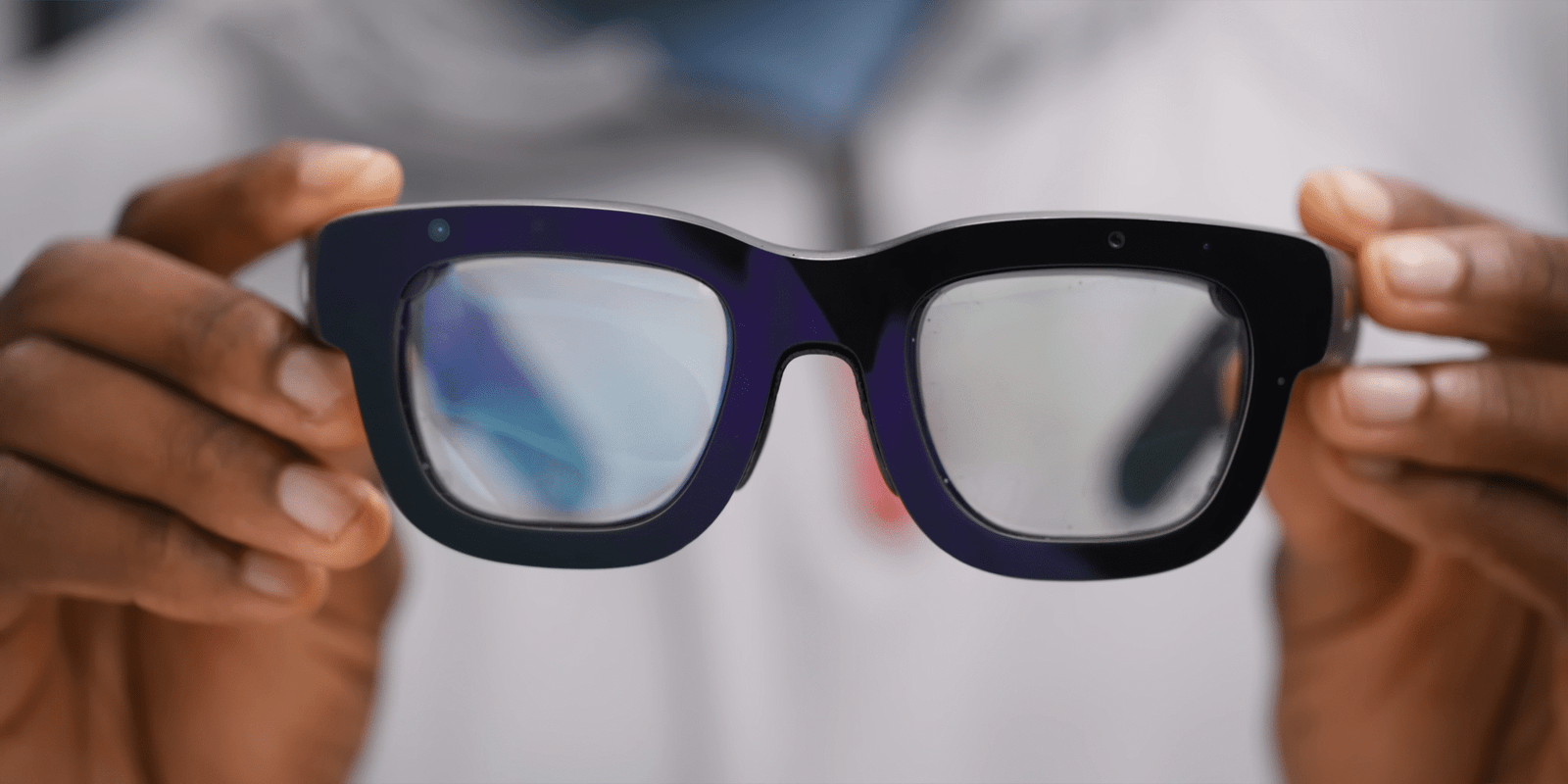Most reviews stop at describing features, but the real story lies in how this band could reshape behavior. Unlike smartphones, which force people to stare at screens, the Neural Band makes interaction almost invisible. Imagine discreetly replying to a work message in a boardroom, or scrolling through a document by simply flexing your fingers under the table. This is the kind of subtle integration that could quietly redefine professional etiquette in the next decade.
The Psychological Advantage of Glasses Over Headsets
Why do glasses work better than bulky AR/VR headsets? It’s not just about comfort—it’s about social acceptability. A headset creates a barrier, signaling separation from your environment. Glasses, on the other hand, make the technology socially invisible. People are far more likely to wear something that looks like everyday fashion. Meta’s design decision here could be the key that makes AI wearables mainstream—something companies like Google Glass never cracked.
A Step Toward Post-Smartphone Life
What Meta is really testing here is whether people are ready for a post-smartphone future. Right now, the glasses still lean on a phone connection, but the foundation is clear: once these devices become self-sufficient with 5G/6G chips and cloud AI, the smartphone may become secondary. Your daily hub could shift from your pocket to your face and wrist. That’s a radical change in personal tech, and these glasses are laying the groundwork.
The Hidden Challenges Nobody Talks About
Most official reviews highlight the strengths, but there are unspoken challenges Meta will need to solve:
-
Battery sustainability: 30 hours with the case sounds good, but heavy AI use will push real limits.
-
Privacy perception: Even subtle cameras can make people uncomfortable in public.
-
AI fatigue: As AI becomes always-available, users may need boundaries to avoid over-reliance.
These issues aren’t dealbreakers but represent the next frontier of wearable adoption that no one is openly discussing yet.
Everyday Use Cases Nobody’s Covering Yet
Here are original scenarios that most reviews miss, but show the real potential:
-
Medical aid: Doctors could use the Neural Band to check vitals or patient records mid-surgery without breaking focus.
-
Education: Students could translate notes in real time or discreetly pull up references during classes.
-
Accessibility: People with mobility impairments could gain a new layer of independence with gesture-based AI controls.

